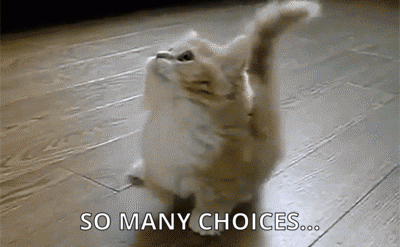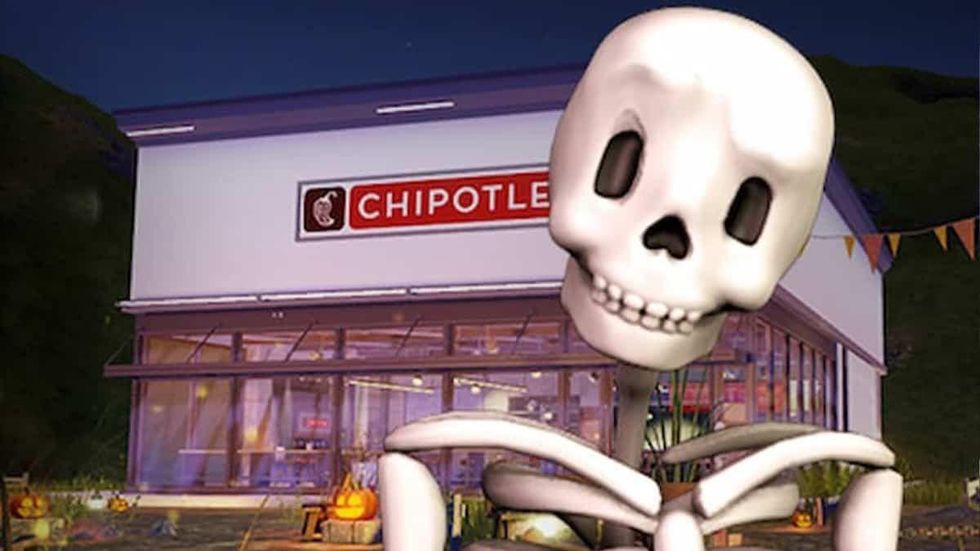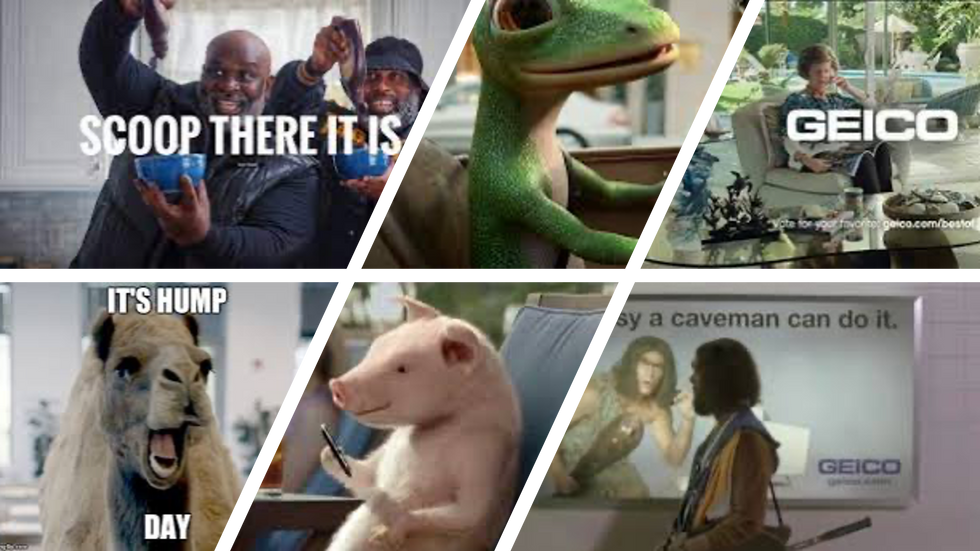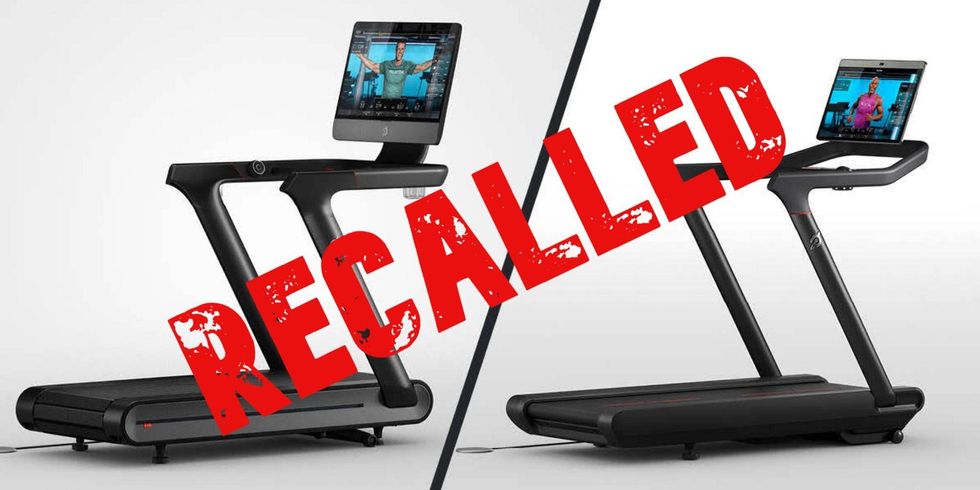
Creating an emotional bond with consumers requires more than good marketing. It requires understanding your audience, being authentic, building trust, connecting personally, and inspiring storytelling.
Which brands do you think got emotional branding right?
Listen To The Article
Chipotle Goes Metaverse

In 2021, Chipotle noticed that conversations were happening on Roblox around their brand, with fans creating Chipotle-themed avatars and games. They decided to mix things up and brought their annual Halloween “Boorito” promotion to the Metaverse in partnership with Roblox. Each day, the campaign prompted Roblox users to dress up their avatars in Chipotle-inspired costumes and accessories, including Chip Bag Ghost, Burrito Mummy, Spicy Devil, and Guacenstein. Users were then encouraged to visit the Chipotle virtual store to retrieve a code for a free burrito to be redeemed online. Users could also interact with the Chipotle Boorito Maze to collect ingredients that would give them superpowers to avoid spooky monsters. Once users reached the maze's center, they could access free and exclusive Chipotle-themed virtual items for their avatar. Chipotle’s share of the proceeds from the sales of the in-game items was donated to a cause that supports young farmers.
Chipotle is always experimenting on new platforms to meet their customers where they are at, providing them with an experience and value exchange that’s authentic. More than 8.5 million people visited the maze since it launched in October and this number continues to grow as Chipotle decided to keep it going.
New Name, Same Problems
Unfortunately for Facebook, trying to hide its problems behind a new name doesn't work. Facebook rebranded itself to Meta, bringing together its different apps and technologies. Apps like Facebook, Instagram, and Whatsapp are now a part of the new metaverse-focused parent company. This announcement came on the heels as the social media giant dealt with claims that it had violated individual privacy, bullied small companies as a monopoly, damaged teens’ mental health, and even incited violent insurrections. CEO and founder Mark Zuckerberg presented a six-minute video of why the company was rebranding itself and its agenda. In the video, Zuckerberg came across as uncomfortable and awkward.
According to the Harris Brand Platform, Facebook’s trustworthy score dipped to 6.2% once they announced their rebrand to Meta, Source. And a CNN survey released in November found that 76% of adults believe “Facebook makes American society worse,” Source. U.S. teenagers' 'time spent' on Facebook was down 16% in 2021 compared with 2020. Source.
15% And A Gecko

Geico started disrupting the insurance industry 20 years ago. It was then when we first met the personable green gecko with a British accent that America fell in love with. We learned a simple message that hasn’t changed since: “15 minutes could save you 15% or more on car insurance.” What separates them from the pack is that they deliver this consistent message across a wide variety of amazingly creative and humorous ads: gecko, caveman, when pigs fly, spy mom, hump day, tag team helps with dessert.
How many of these ads do you remember? Geico’s emotional branding approach has impacted its brand awareness and performance being the second-largest insurance company by market share.
Peloton Runs Amok

Peloton, known for its cult-like, loyal fan base, thought they could ignore safety issues. In March, Peloton received a handful of 'incidents' related to its Tread+ treadmill including the death of a child who’d been pulled below the belt. In April, The Consumer Product Safety Commission (CPSC) warned Peloton owners to stop using the Tread+ if they had small kids, or pets at home, citing “serious risks." Peloton initially pushed back on the CPSC’s guidance, indicating that their statement was a “misleading, inaccurate bulletin.” CEO, John Foley, posted a letter on Peloton’s website acknowledging “a small handful of incidents'' related to its Tread+ machines and that “there is no reason to stop using the Tread+ as long as all warnings and safety instructions are followed.” After mounting pressure from U.S. Rep. Jan Schakowsky (D-Ill) who told the press that “one family will never be the same…because a new, ‘hot’ company prioritized their brand over human life," in addition to receiving 72 reports of adult users, children, pets, and/or objects being pulled under the rear of the treadmill, including 29 reports of injuries to children such as second- and third-degree abrasions, broken bones, and lacerations, Peloton changed their tune Source. In May, Peloton voluntarily recalled its Tread+ stating, “I want to be clear, Peloton made a mistake in our initial response to the Consumer Product Safety Commission’s request that we recall the Tread+. We should have engaged more productively with them from the outset,” Foley said. “For that, I apologize.”
Following the announcement, Peloton’s stock plunged 16% equating to a loss in value of about $4 billion. Peloton estimated the treadmill recall would cost the company about $165 million in lost revenue during the quarter, and result in a $16 million hit to its profits.
According to a recent study published in Harvard Business Review, being emotionally in-tune with your customers can make or break your business. Researchers found that tapping into a customer’s unspoken emotional needs is the most effective way to maximize that customer’s lifetime value (CLV). Source Hopefully it’s obvious to you which of these brands were desperate and which were dialed in, driving increased CLV. Start building your brand leadership today. You’ve got this!
- Effective Marketing: Why "Buy My Product" Looks Desperate - Work ... ›
- 4 Ways To Build Customer Loyalty - Work It Daily ›
- How To Connect With Consumers On An Emotional Level - Work It ... ›
- 5 Trends Disrupting Consumer Branding In 2022 - Work It Daily ›
- The Importance Of Branding For Your Business - Work It Daily ›
- Space Marketing: It's Time To Plan Your Brand's Future - Work It Daily ›
- 5 Powerful Ways To Inspire Emotion With Storytelling - Work It Daily ›

 Bigstock
Bigstock Bigstock
Bigstock Bigstock
Bigstock


